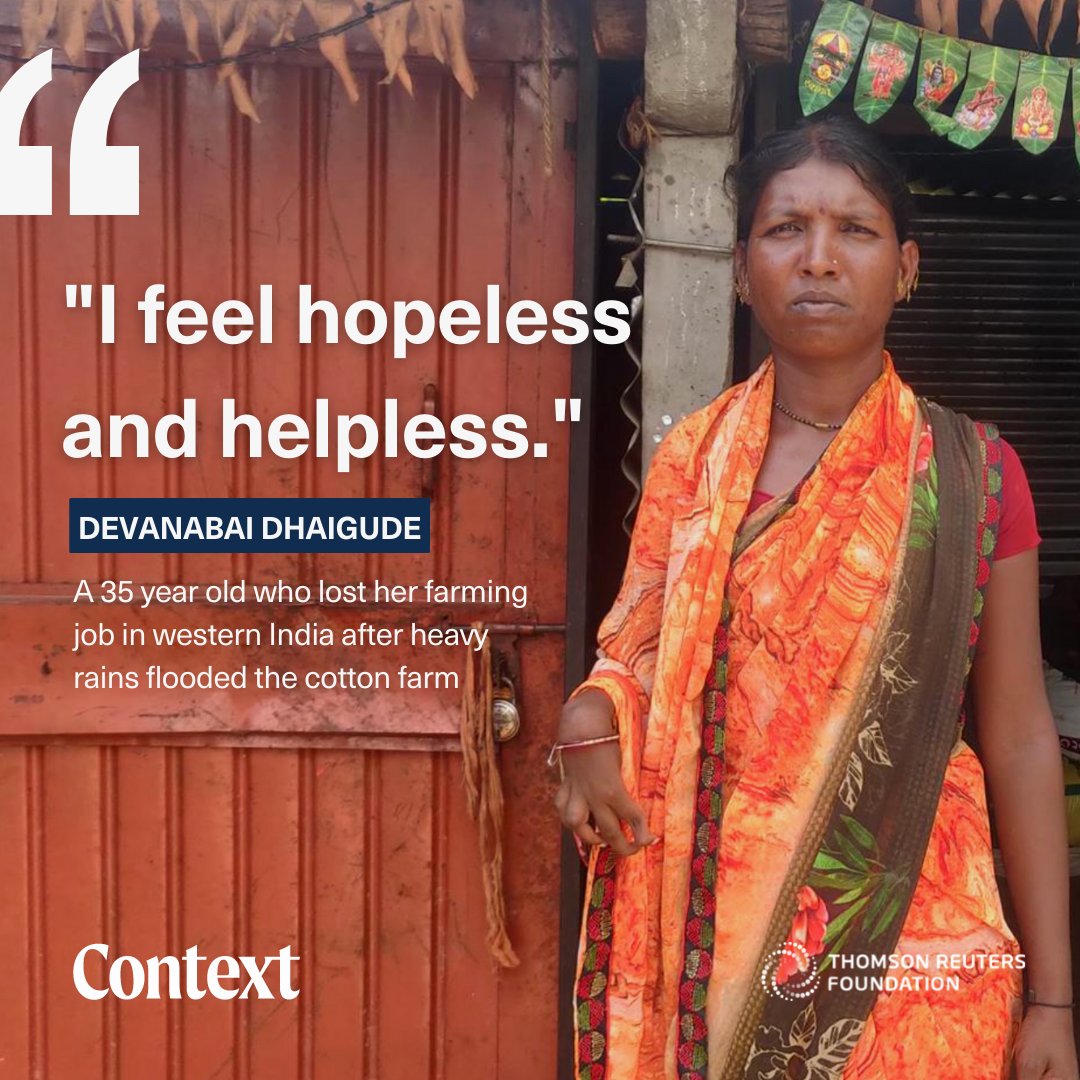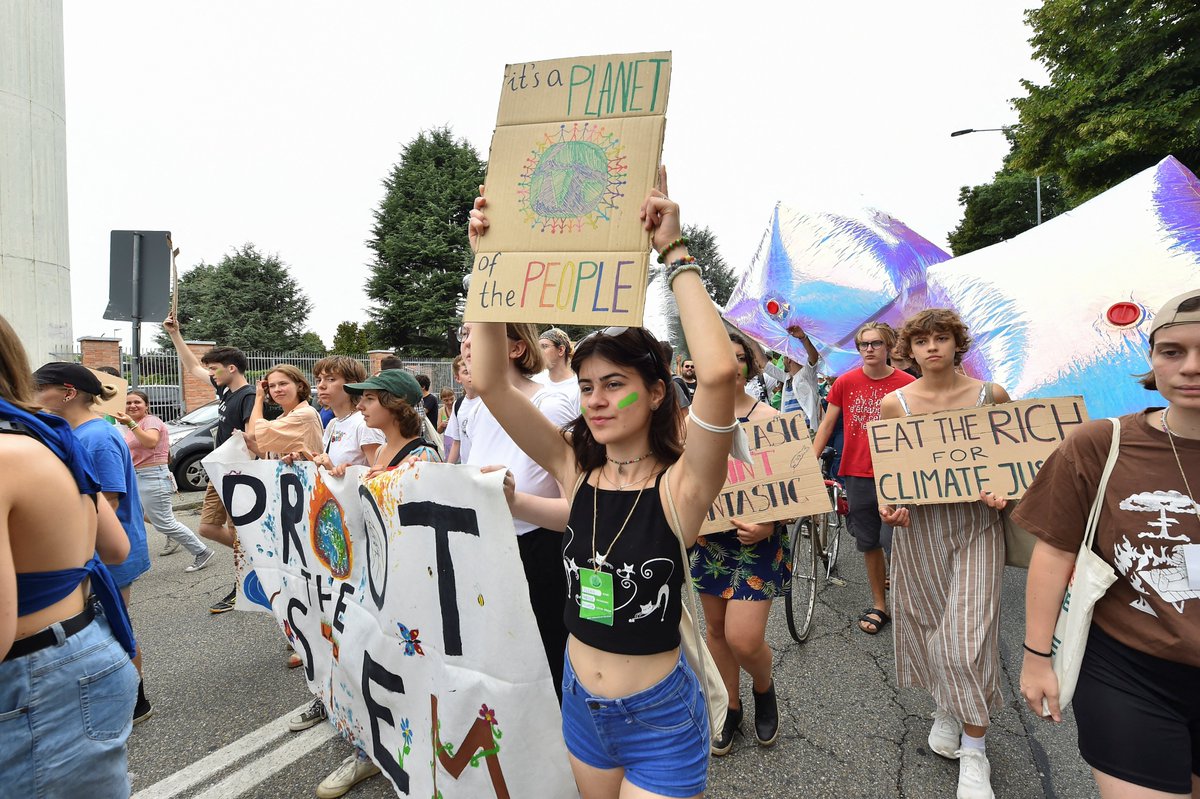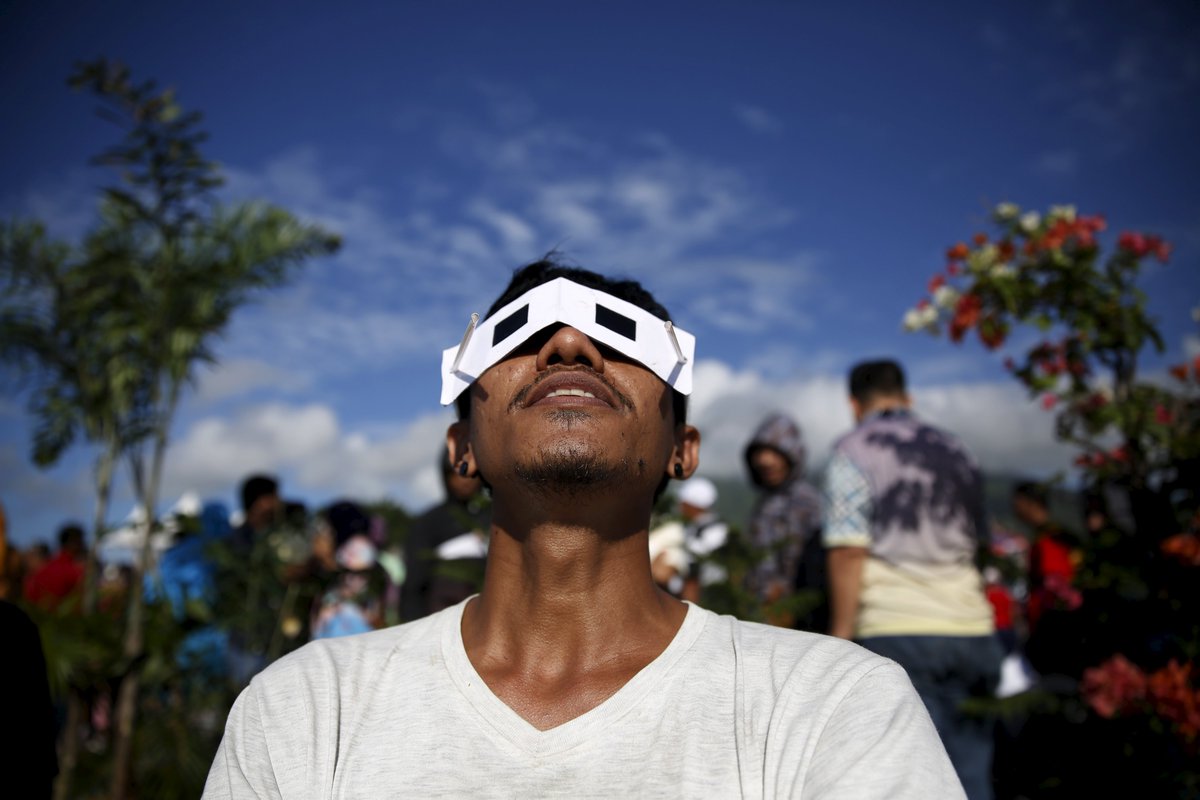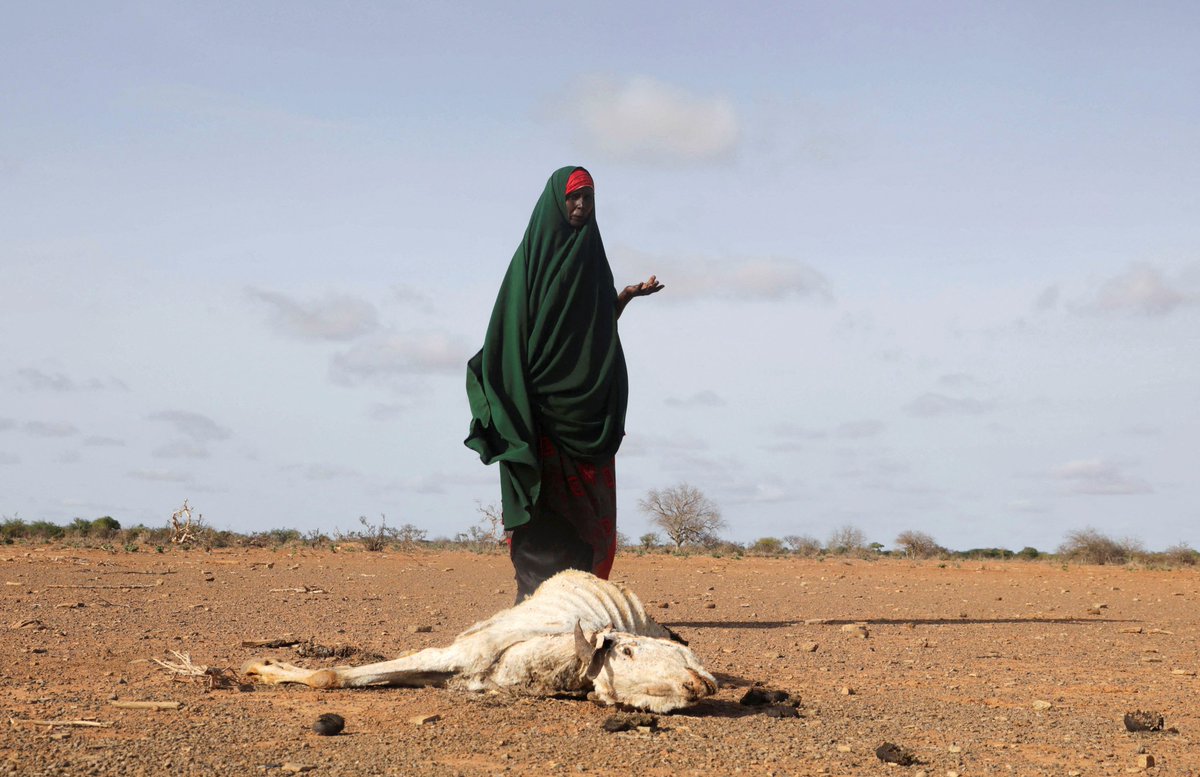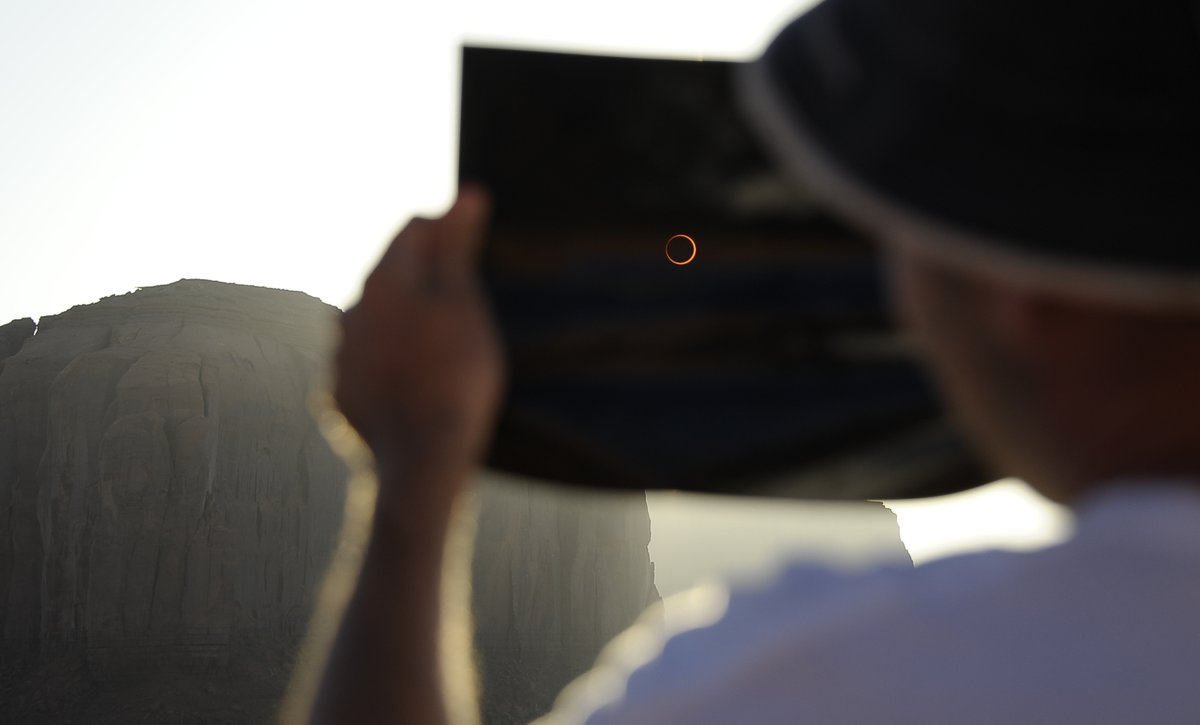🤔 Why is it so important to 'keep 1.5C alive'?
🌏 Countries at #COP26 are racing to find ways to stop the global average temperature rise passing that.
🚨 But what happens if we fail? 🧵


🌏 Countries at #COP26 are racing to find ways to stop the global average temperature rise passing that.
🚨 But what happens if we fail? 🧵



🔥Deadly heat
☀️At 1.5C, 14% of the world will face severe heatwaves at least once every five years.
❗️At 2C, this rises to 37%.
🌊 Heat is already responsible for most climate change-related deaths and could also worsen droughts, wildfires and floods.
news.trust.org/item/202010301…
☀️At 1.5C, 14% of the world will face severe heatwaves at least once every five years.
❗️At 2C, this rises to 37%.
🌊 Heat is already responsible for most climate change-related deaths and could also worsen droughts, wildfires and floods.
news.trust.org/item/202010301…
🧊 Melting ice
🌊 Limiting temperature rise to 1.5C could halve the expected amount of sea level rise this century.
❗️ At 2C, the Greenland and west Antarctic ice sheets could end up collapsing.
🚢 Large-scale sea level rise from this could force millions to flee their homes.
🌊 Limiting temperature rise to 1.5C could halve the expected amount of sea level rise this century.
❗️ At 2C, the Greenland and west Antarctic ice sheets could end up collapsing.
🚢 Large-scale sea level rise from this could force millions to flee their homes.

🌽 Food crisis
🌡️ At 2C warmer, @WFP warns that an additional 189 million people could go hungry worldwide.
🗣 "If you have crop failures... then you could see extreme food price spikes... and famine across wide swathes of the world," said @UCL's climate scientist @SimonLLewis.
🌡️ At 2C warmer, @WFP warns that an additional 189 million people could go hungry worldwide.
🗣 "If you have crop failures... then you could see extreme food price spikes... and famine across wide swathes of the world," said @UCL's climate scientist @SimonLLewis.

🦌 Wildlife threats
🐠 At 1.5C, the Great Barrier Reef has a chance of surviving. At 2C, the odds are low.
🌏 2C would make more areas of Earth uninhabitable for humans and animals - and more dangerous forest fires would pose an additional risk. 🔥
🐠 At 1.5C, the Great Barrier Reef has a chance of surviving. At 2C, the odds are low.
🌏 2C would make more areas of Earth uninhabitable for humans and animals - and more dangerous forest fires would pose an additional risk. 🔥

🔴 We're now at 1.1C and scientists say it’s already code red for humanity with:
☔️ Torrential flooding from China to Germany
🌡 Hundreds dying when US temperatures hit record highs this summer
🔥 Deadly wildfires from the Mediterranean to Siberia to the U.S. West coast.
☔️ Torrential flooding from China to Germany
🌡 Hundreds dying when US temperatures hit record highs this summer
🔥 Deadly wildfires from the Mediterranean to Siberia to the U.S. West coast.
🚨 And we have more bad news.
❗️ Earth is on track to blow past 2C and possibly become warmer by 2.4C after the latest pledges at #COP26, according to research coalition @ClimateActionTr.
❗️ Earth is on track to blow past 2C and possibly become warmer by 2.4C after the latest pledges at #COP26, according to research coalition @ClimateActionTr.

🌡 What would a world warmer by 2.4C look like?
Scientists warn:
🐠 Biodiversity would be vastly depleted
🌇 Cities would be unable to cope with more extreme weather
🌱 Growing food could become more difficult in many parts of the world, leading to more global hunger

Scientists warn:
🐠 Biodiversity would be vastly depleted
🌇 Cities would be unable to cope with more extreme weather
🌱 Growing food could become more difficult in many parts of the world, leading to more global hunger
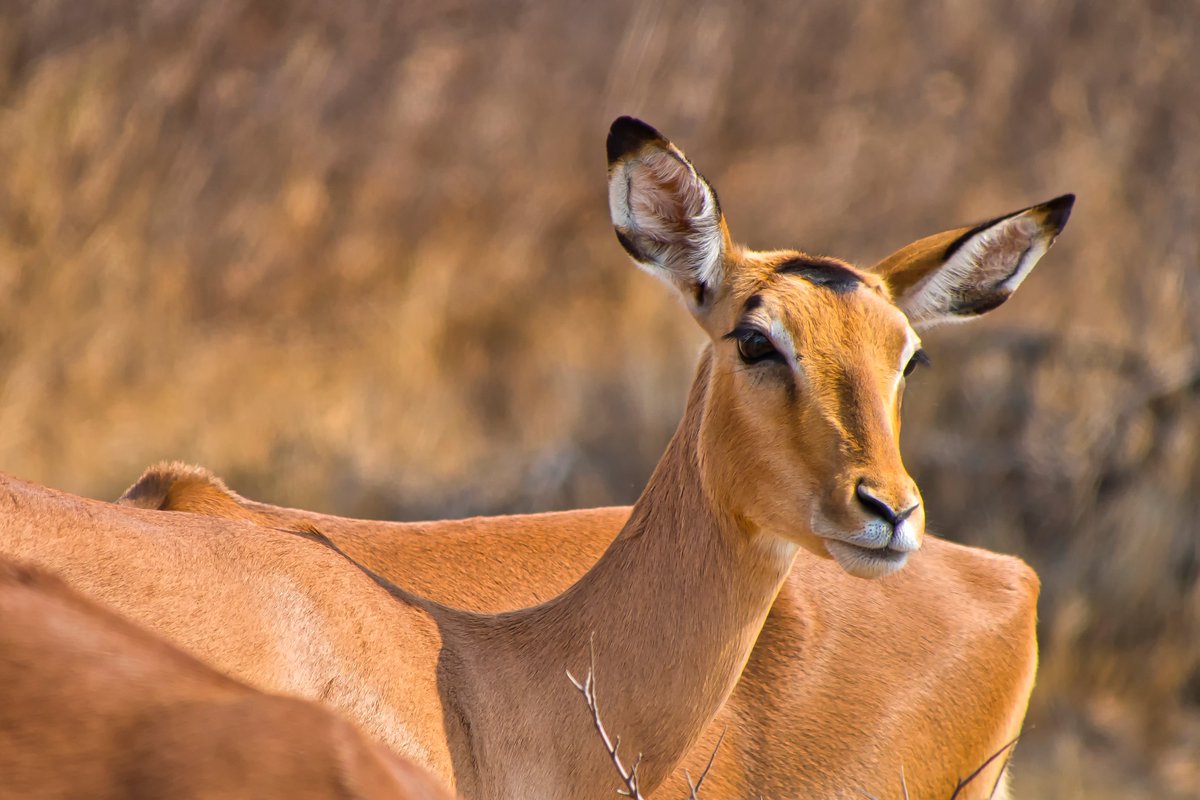

🌏 Failing to stop rising global temperatures could mean misery and suffering for most people on the planet.
🚨 Are we ready to face this bleak future?
🔴 Read more: news.trust.org/item/202111091…
🚨 Are we ready to face this bleak future?
🔴 Read more: news.trust.org/item/202111091…
🟢 Sign up below to get more expert reporting and analysis from our climate editors @LaurieGoering and @MeganRowling straight to your inbox 👇
tmsnrt.rs/3GOosxX
tmsnrt.rs/3GOosxX

• • •
Missing some Tweet in this thread? You can try to
force a refresh



